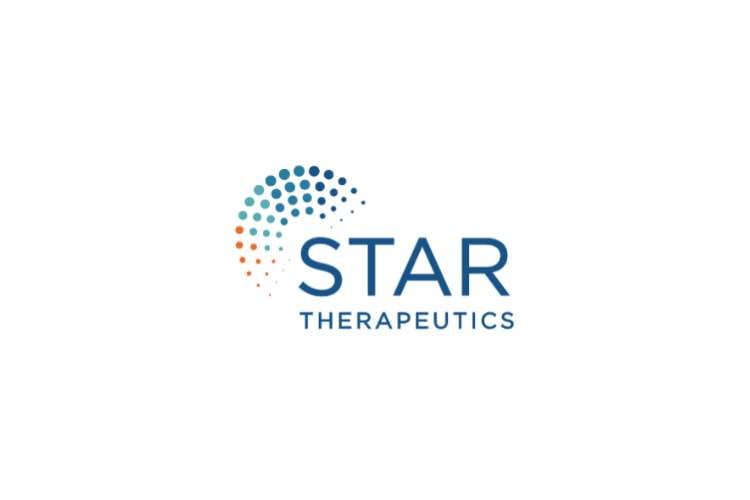Star Therapeutics has secured an impressive $90 million in funding, a testament to its commitment to advancing its portfolio companies and developing novel antibody drugs for conditions with significant unmet medical needs.
Leading the way in this oversubscribed series C round is Sofinnova Investments, with substantial contributions from new investors including Qatar Investment Authority, Catalio Capital Management, Agent Capital, Soleus Capital, and NYBC Ventures. Importantly, all seven existing investors have also joined in this funding endeavor. This latest infusion of capital nearly doubles the $100 million that Star had already raised since its establishment in late 2018.
“Each of our programs goes after multiple diseases with each antibody therapy—so it’s a constellation of diseases for every one of our programs.”
– Dr. Rosenthal, CEO and Founder of Star Therapeutics
Star Therapeutics operates as a biotech portfolio company and has previously launched two publicly disclosed subsidiaries, Electra Therapeutics and Vega Therapeutics, both named after celestial stars. While Electra has garnered independent financing, Vega Therapeutics, which focuses on blood disorders, remains under Star’s guidance.
A significant portion of the fresh funding will support Vega’s VGA039, a monoclonal antibody currently undergoing evaluation in a phase 1a/1b clinical study initiated earlier this year. This antibody is tailored to address von Willebrand disease (VWD), a bleeding disorder characterized by impaired blood clotting. Current treatments, such as factor replacement therapies, come with limitations and require frequent intravenous infusions.
Vega’s VGA039 aims to revolutionize VWD treatment as a self-administered subcutaneous antibody therapy that targets a fundamental clot formation mechanism via protein S. Dr. Rosenthal compared the asset’s potential impact to Roche’s and Chugai’s bispecific monoclonal antibody blockbuster, Hemlibra, which transformed hemophilia A treatment. Prior to Hemlibra, patients mainly relied on burdensome factor replacement therapies. VGA039, which received FDA orphan-drug designation this spring, is slated to advance through the entirety of the phase 1a/1b trial with the support of the new funds.
Dr. Rosenthal anticipates that the field of antibody therapy development for VWD will become more competitive as the unmet need in this area gains recognition. VGA039 also holds promise for addressing other bleeding disorders, including various factor deficiencies and platelet conditions.
Star’s series C funding will also bolster undisclosed portfolio companies. The company’s versatile approach allows it to assemble teams with specialized expertise in specific therapeutic areas and to pursue diverse financing strategies and opportunities for each entity.
Star Therapeutics is dedicated to venturing into “areas of white space,” focusing on rare diseases with significant unmet medical needs—a strategy Dr. Rosenthal refers to as the company’s “special sauce.” The emphasis on stars in the company’s name symbolizes the multitude of opportunities available to address the wide spectrum of diseases afflicting patients today. This latest funding round underscores Star Therapeutics’ commitment to blazing new trails in the biotech landscape and advancing therapies where they are needed most.





























